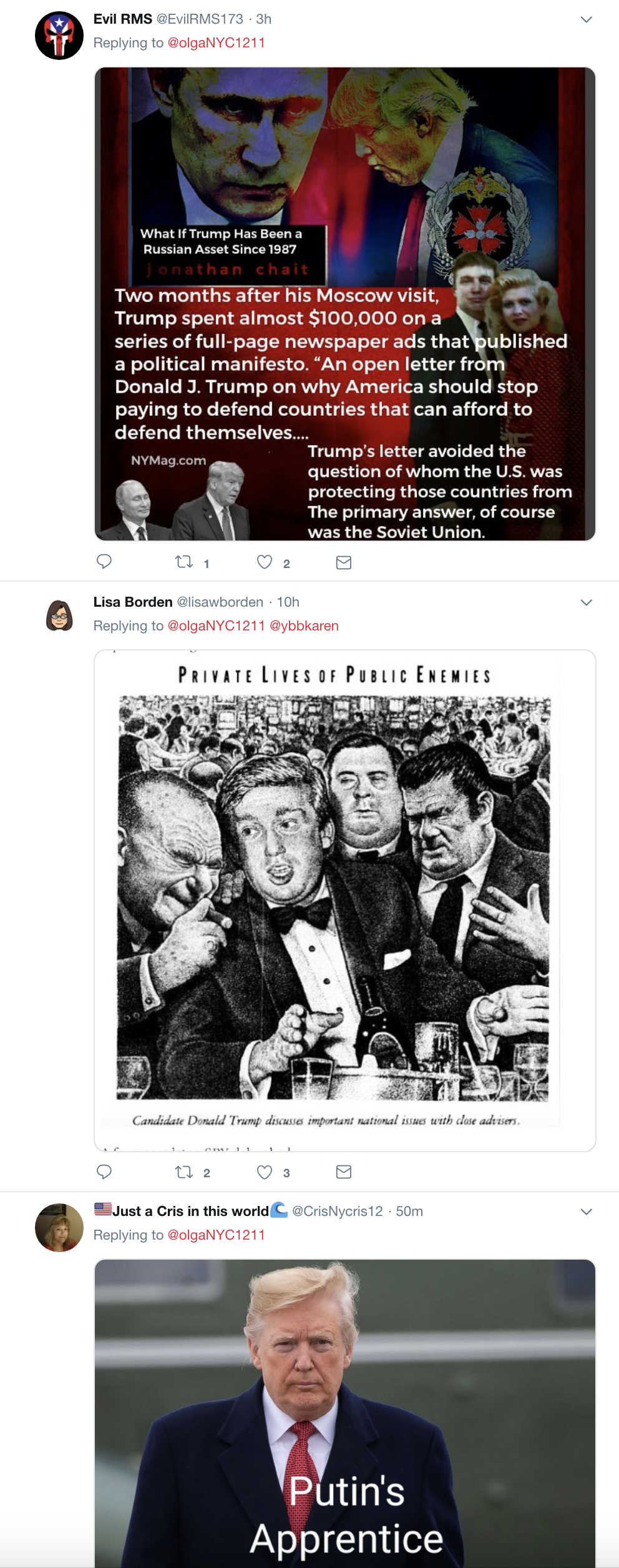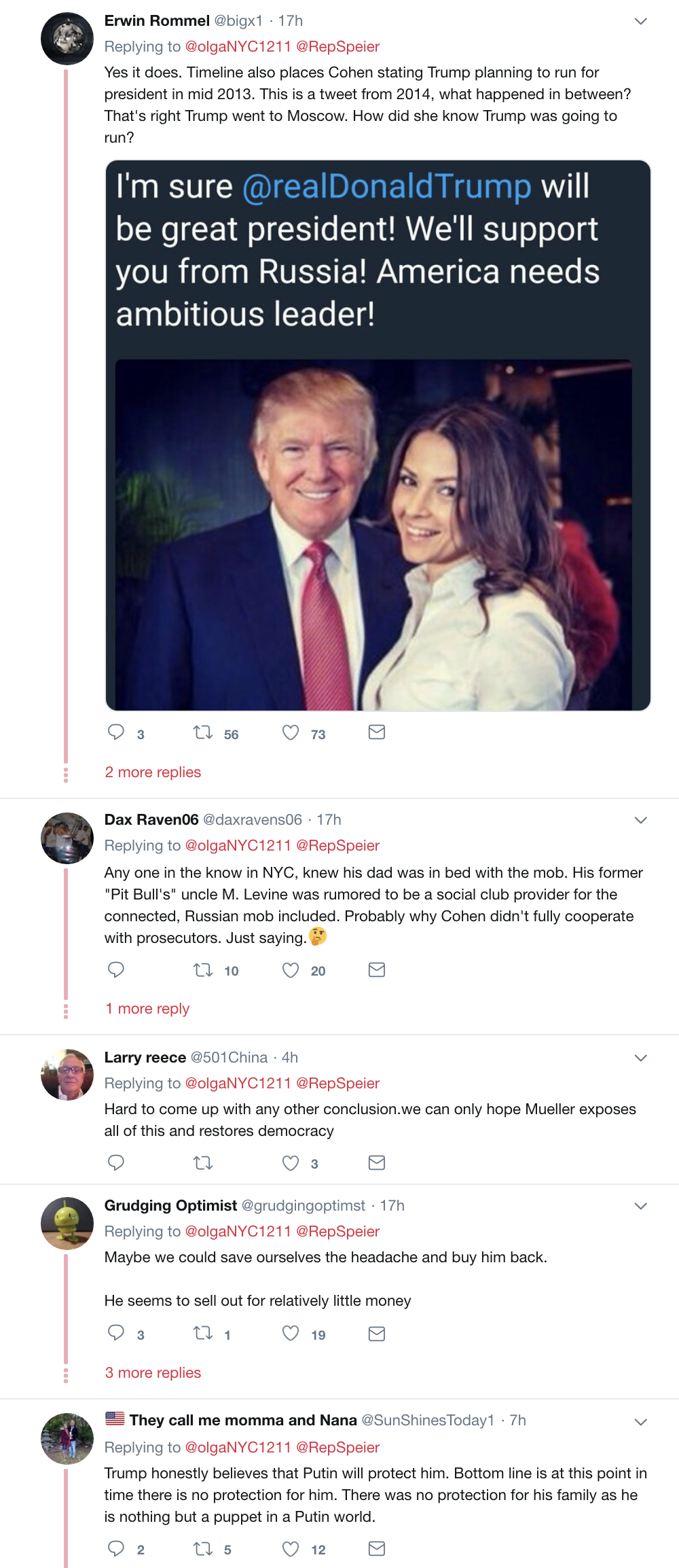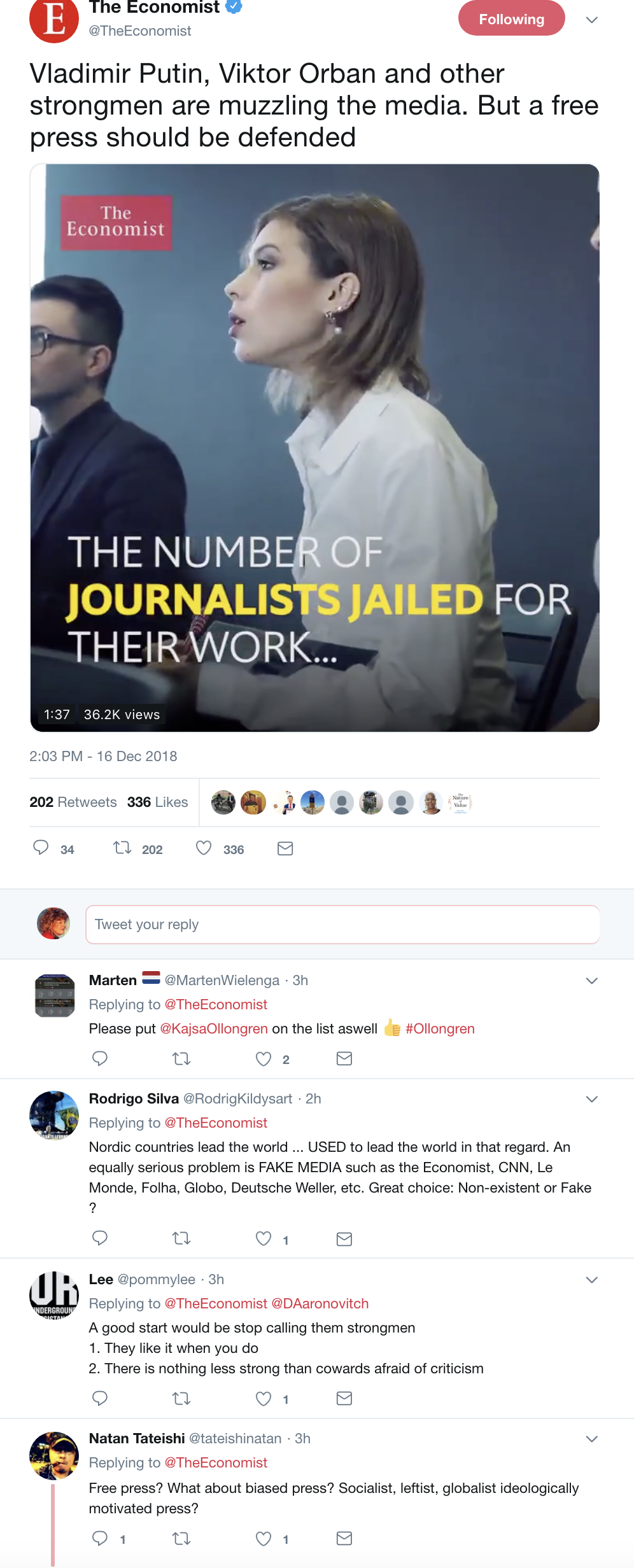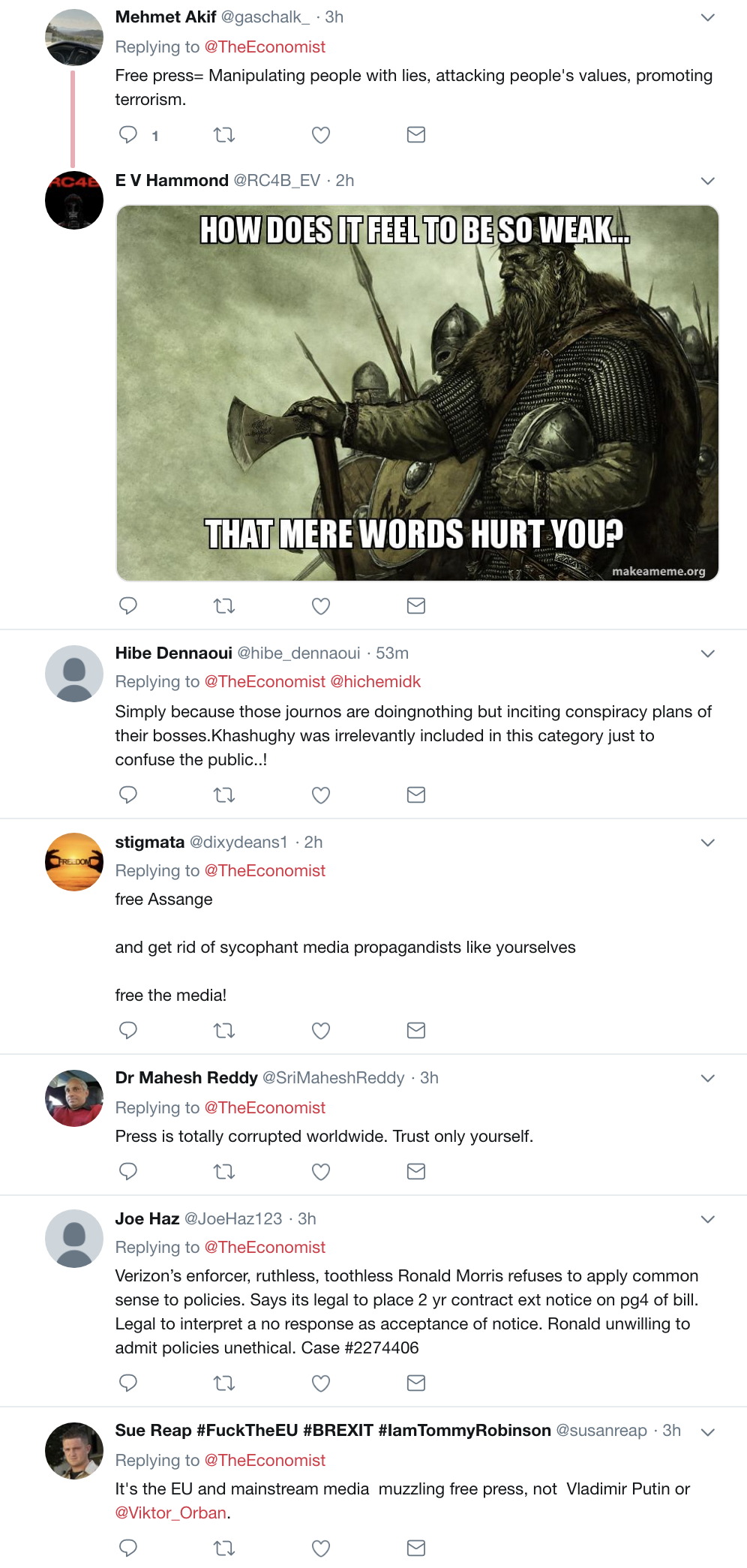The voters have not realized the magnitude of Russia’s attack on the U.S. 2016 presidential election — and well into Donald Trump’s presidency. A report just sent to the Senate showed how Moscow’s major, multi-faceted internet approach made certain that Trump won. Not only that, Russia’s attack has not stopped.
The Senate Intelligence Committee contracted with two major technology firms to analyze the million-post attack, and it just released a report as its grand finale. Committee chair Senator Richard Burr (R-NC) and ranking Democrat Senator Mark Warner (VA) commissioned the report. The Washington Post obtained a draft copy of the report.
Russian agents worked with one goal in mind: placing Trump in the White House. However, some Republicans still refused to accept this, which is not surprising given their lack of understanding social media.
The Russians planned a multi-pronged social media attack. It included disinformation in each of the various platforms, ranging from Facebook to Google+ to Instagram. They also sought donations, arranged to have real-world protests, and funneled online traffic to their mother website.
Oxford University’s Computational Propaganda Project and Graphika, a network analysis firm, did the research. They found that the Russians working at an organization called the Internet Research Agency (IRA) started with target messaging. As they became more proficient, they learned to increase the messages during presidential debates and the two conventions.
The Senate requested that the research firms collect information from Facebook, Google, and Twitter between mid-2015 and mid-2017. This date was chosen, because Facebook and other platforms started closing down any account they knew was Russian by the end of that period. That meant the report did not cover the midterm elections.
The report stated:
‘What is clear is that all of the messaging clearly sought to benefit the Republican Party–and specifically Donald Trump. Trump is mentioned most in campaigns targeting conservatives and right-wing voters, where the messaging encouraged these groups to support his campaign. The main groups that could challenge Trump were then provided messaging that sought to confuse, distract and ultimately discourage members from voting.’
The report expressed concern about the overall threat social media posed and continues to pose to political relations within and between nations. It warned that social media companies once viewed as tools for liberation in the Arab world and elsewhere now threaten our democracy and the democracies of other countries:
‘Social media have gone from being the natural infrastructure for sharing collective grievances and coordinating civic engagement to being a computational tool for social control, manipulated by canny political consultants and available to politicians in democracies and dictatorships alike.’
The major social media companies were slow to catch on even when Putin’s people used Russian currency (the ruble) and Russian contact phone numbers to purchase ads, and slower still to respond. As a result, the Russians were off on another strategical ploy almost before the companies even realized they had been attacked.
It appeared that the Russians began their influence operations in 2009, an alpha test on the country’s own elections. By 2013, they were into U.S. politics via Twitter. A full 57 percent of the tweets Twitter gave to the Senate were in Russian, 36 percent in English, and the rest were in other languages.
Beginning in 2014, Moscow began increasing its attack on U.S. politics with more and more proficiency. They could target voters by a number of variables: political interests, race, geography, religion, etc. The Russians were especially skilled when they targeted conservatives and African Americans. A complete 99 percent of all reactions and shares originated from 20 IRA (Russian) pages: Heart of Texas, Blacktivist, Army of Jesus, and Being Patriotic, etc.
The Russians leaned into issues that they knew would excite conservatives, such as immigration and gun rights. At the same time, Moscow tried to undermine voters on the left such as African Americans,’ by undermining their confidence in the security of our elections while releasing incorrect information about when and how to vote. The Russians also turned to minority groups: veterans, liberals, Latinos, Muslims, Christians, liberals, and gays for misinformation.
Moscow also used YouTube, Yahoo email accounts, Google’s Gmail and other outlets for its massive disinformation campaign, too. However, once the tech companies figured out what was going on with the Russians, they quit sharing it with the Senate’s researchers for reasons unknown. Not only that, when the American-based tech companies were compelled to testify, they shared information selectively, which was a misinformation campaign in itself. Primarily, they did not show the linkages between platforms, which Russians used to their advantage. These U.S. companies have not been fully forthcoming to Congress or the public even though the Moscow operation continues faster and more effectively.
The Washington Post reported that the 20 most popular Russian pages generated:
’39 million likes, 31 million shares, 5.4 million reactions and 3.4 million comments.’
Tech company officials at first told Congress in hearings that the Russian strategy reached far smaller numbers, but they eventually said the reach was:
‘126 million people on Facebook and 20 million more on Instagram.’
The Russians had 133 Instagram accounts, where they narrowed in on “race, ethnicity or other forms of personal identity.” They targeted African American issues like black pride especially efficiently.
During the three years the Russians operated as reported in the Senate commissioned study, there was a serious peak six months after the presidential election on Instagram. Moscow generated 2,600 posts per month in 2016 to almost 6,000 in 2017. Moscow’s Instagram posts caused “185 million likes and 4 million user comments.”
IRA (Russia) also used YouTube. Their usage did not decline after the election but increased by 84 percent during the six months after the Trump win. The Russians wisely linked platforms as they refined their tactics aimed at particular demographics. That increased the entire operation’s influence, according to the Senate report.
Here is one example of how the Russians worked it. An operative would set up “Black Matters US” themed Twitter, Facebook, YouTube, Google+, Paypal, Trumblr, and Instagram accounts. Then, it linked them.
When Facebook shut it down in August 2016, the Russians immediately replaced it with one named “BM.” They realized they had gone too far, so they pulled back the number of political posts on the site and upgraded the cultural content. BM tracked in tandem with @blackmatters Instagram account.The operative bought Google ads to support “BlackMattersUS,” and filled them with manipulative messages such as:
‘Cops kill black kids. Are you sure that your son won’t be the next?’
The parallel Twitter accounts then accused Facebook of “supporting white supremacy,” when it suspended the Facebook page.
Featured image is a screenshot via YouTube.


















